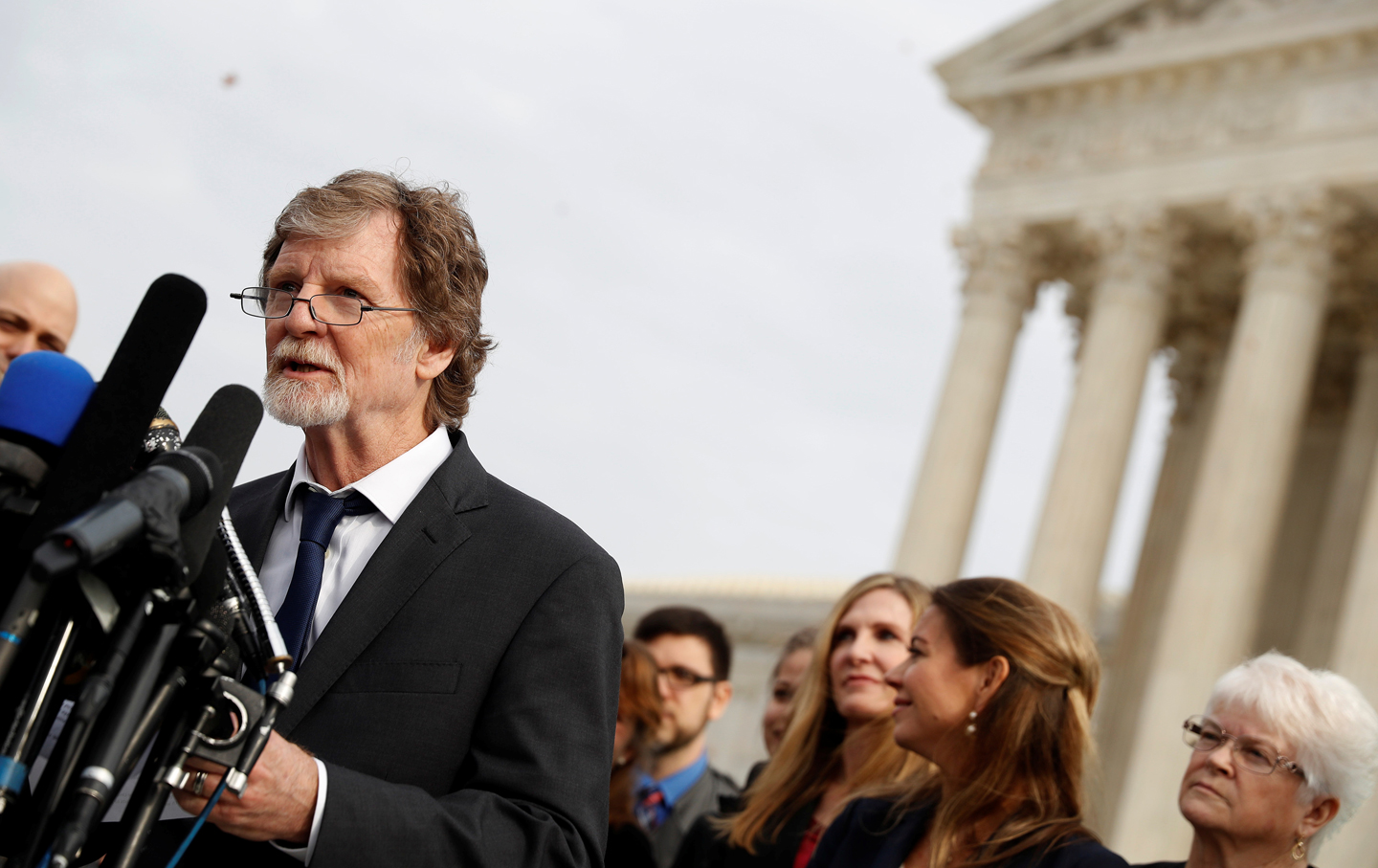
Neil Foster
Law Professor
Neil is an evangelical Christian, an Associate Professor in law, a father and a grandfather. He has qualifications in both law and theology and teaches “Law and Religion” as an elective to later year law students.
He blogs at Law and Religion Australia
Senate Inquiry into "Legislative Exemption" reports
The Senate Legal and Constitutional Affairs References Committee (“LCAR Committee”) has now handed down its report into Legislative exemptions that allow faith-based educational institutions to discriminate against students, teachers and staff . The inquiry has been incredibly short- the motion referring the topic was only passed on 13 November. As expected (due to the preponderance of ALP and Greens committee members) the report recommends complete removal of religious freedom protections for faith-based schools relating to how those schools deal with same-sex attracted students. There is a strong dissenting report from Coalition Senators.
"White" on the new blacklist
A popular wedding magazine called “White” has announced today that it is closing down. The reason? The Christian publishers had been asked to carry articles featuring same sex weddings, and had politely declined to do so. The backlash on social media led to a number of advertisers withdrawing their custom, and some customers refusing to buy the magazine any more. In this post I want to comment on the legal issues around this incident, and another episode highlighted in the press today. A report in The Australian today notes the close of White magazine, and also the other episode involving someone in the “wedding industry”:
ACT Bill Removing Religious Freedom from Religious Schools Introduced
As foreshadowed in the press reports noted in my previous post, the ACT Government has now introduced a Bill designed to curtail the current religious freedom enjoyed by religious schools in the Territory to operate in accordance with their beliefs. The Discrimination Amendment Bill 2018 (ACT) is an unwise proposal and it is likely that it would be invalid as contrary to Commonwealth law. I will assume the reader is familiar with the background to the Bill as noted in my previous post. Here I will just briefly indicate how it achieves its goals. The central provision is cl 6, which simply repeals s 33 of the Discrimination Act 1991.
ACT proposal to remove religious freedom provisions for schools
Reports in the press note that that the ACT Government has announced its intention to “close a loophole” in discrimination laws by removing the capacity of religious schools to apply their religious beliefs in staffing decisions. The law being referred to is not a “loophole”, it is part of the fundamental architecture of discrimination law around Australia, with rare exceptions, and removing these provisions would not be a good idea.
Ruddock Report: religious schools and same-sex attracted students
This is the first part of a series of articles written by Neil Foster about the Ruddock Review's leaked contents. The subsequent articles can be accessed at Neil website, here.
Does the Secular Party know better than a child’s parents?
[An extraordinary claim before the Victorian Civil and Administrative Tribunal recently, Secular Party of Australia Inc. v the Department of Education and Training (Human Rights) [2018] VCAT 1321 (27 August 2018), alleged that a child at a public school should be prevented from wearing Islamic religious garb in the child’s own interests! Thankfully the claim failed, but the fact that the case could even be argued illustrates the pressure that some groups in society are placing on parents and children of faith.
Trinity Western University loses before Supreme Court of Canada
Trinity Western University, an evangelical tertiary institution in British Columbia, has lost two cases it had brought protesting the decision of two Canadian Provincial Law Societies to not authorise graduates of their proposed Law School as able to practice in the Provinces. The reason for the denial of accreditation was that TWU requires students and staff to agree to a Community Covenant Agreement, which undertakes (among other things) that they will not engage while studying or working at TWU in “sexual intimacy that violates the sacredness of marriage between a man and a woman”.
Colorado Wedding Cake Baker Wins before US Supreme Court
In Masterpiece Cakeshop, Ltd v Colorado Civil Rights Commission, 584 U. S. ____ (2018) (June 4, 2018), the US Supreme Court by 7-2 overturned previous decisions against a Christian cake maker, Jack Phillips, who had declined to make a wedding cake for a same sex wedding. While the basis of the decision of the majority is fairly narrow, the outcome is clearly correct, and even in the narrow reasons offered by Justice Kennedy, there are a number of important affirmations which support religious freedom.
Face-Coverings and Testimony in Court
Should a Muslim woman who wears a face covering for religious reasons, be entitled to give evidence in court with her face covered? This important issue, which has been discussed in other common law jurisdictions, has now been considered in the NSW Court of Appeal, in Elzahed v State of New South Wales [2018] NSWCA 103 (18 May 2018). The Court concluded that no error had been shown in a ruling by a trial judge, that Ms Elzahad was not entitled to keep her face covered while testifying.
Euthanasia and Assisted Dying: The Law and Why It Should Not Change
This is a paper I presented recently at an evening considering issues around euthanasia and assisted dying: Euthanasia Paper May 2018. It presents reasons why changing the law in these areas is not a good idea in the interests of society at large and the vulnerable sick and elderly in particular.
















